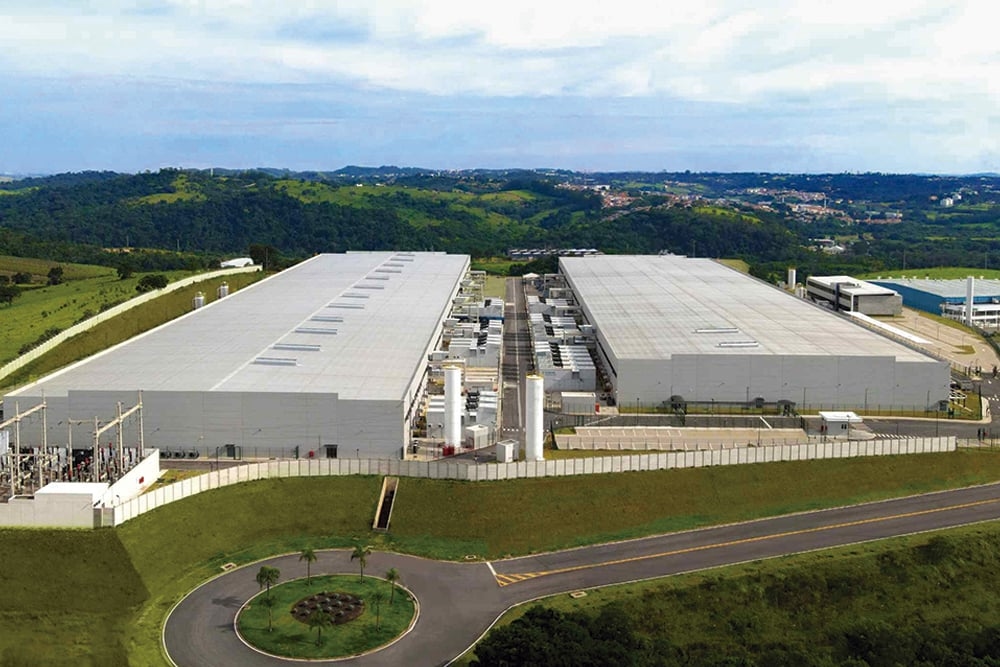Brazil, a great 'digital backyard'?

On September 18, the federal government enacted Provisional Measure 1,318, creating the Special Taxation Regime for Data Center Services (Redata), aiming to encourage the installation and expansion of these infrastructures. By offering exemptions from taxes such as PIS/Pasep, Cofins, IPI, and Import Tax on equipment purchases, the measure seeks to reduce operating costs, promote the return of digital services currently operated abroad, encourage technological innovation, and strengthen the country's digital security and sovereignty. But at what cost?
However, this promising outlook hides important concerns, as the measure promotes a model of accelerated expansion without effective dialogue and social oversight , placing economic and strategic interests above warnings about the serious socio-environmental risks associated with these infrastructures. The proposed trade-offs, such as the use of renewable energy sources and investment in research, are fragile in their implementation and may be relaxed in future regulations, without concrete guarantees of nature protection .
Furthermore, the environmental impact of this expansion is multifaceted, as artificial intelligence data centers can consume energy equivalent to entire cities. Furthermore, there is a direct impact on intensive water use, noise pollution, electronic waste generation, and even aggressive mineral extraction, all without strict safeguards against environmental damage, nor guaranteed mechanisms for consultation and participation of the affected indigenous and traditional communities.
These are not hypothetical risks. In Caucaia, Ceará, the environmental licensing for a TikTok data center was classified as "low impact," dispensing with broader studies, even though the projected energy consumption exceeds that of 99% of Brazilian municipalities. It's worth noting that the city faced drought emergencies in 16 of the last 21 years (2003–2024). Globally, annual water withdrawals for these facilities reach 560 billion liters, with the potential to double by 2030, driven by the expansion of AI.
These concerns are compounded by the lack of policies that ensure socio-environmental justice, increasing the risk of the country becoming a vast digital backyard . The official discourse of sovereignty contrasts with the practice of handing over nature and territory to house critical infrastructure for large corporations, which concentrate economic and political power and have already left a trail of damage in other regions. The current framework could finance an extractive cycle with an estimated tax break of R$7.5 billion, with no guarantee of a proportional social return.
It is essential that investments and incentives be conditioned on strict environmental standards, effective public participation mechanisms, and full transparency of processes. Only then will it be possible to build a digital model that respects planetary boundaries, promotes socio-environmental justice, and ensures the country's digital sovereignty.
Luã Cruz is the coordinator of the telecommunications and digital rights team at Idec. He is currently pursuing a Master's degree in Scientific and Cultural Communication from the State University of Campinas (Unicamp) and holds a Bachelor's degree in Law from the Fluminense Federal University (UFF).
Julia Catão Dias is the coordinator of Idec's Responsible and Sustainable Consumption program. She is also a lawyer, social scientist, and a master's student in Human Rights at the University of São Paulo (USP).
This text does not necessarily represent the opinion of CartaCapital.
CartaCapital





